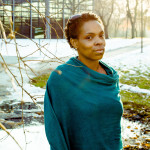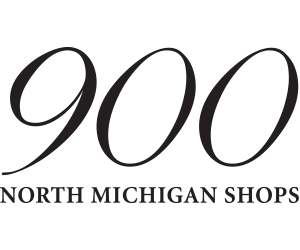Interview by Robin Amer
Photos by Jeffrey Marini
My mom is from Mexico, my dad is from Puerto Rico. Whenever I tell my story I feel like I have to tell their story.
At the dinner table, the conversation was geared towards politics. My family was always trying to answer: How do we reform the city? How do we root out the machine? They advocated for the midwest’s first dual-language immersion school. They worked to elect Harold Washington, and Dick Simpson, a reform alderman. I was the kid who was at the meeting with their parents, coloring, listening.
I realized there was a lot at stake in politics. One of the most visceral reactions I’ve had to public policy was HR 4437, the 2005 anti-immigrant Sensenbrenner bill. It sailed through the House and looked as if it were going to pass in the Senate. It would have made it a crime to be in the United States without documentation—you could actually be convicted and serve time.
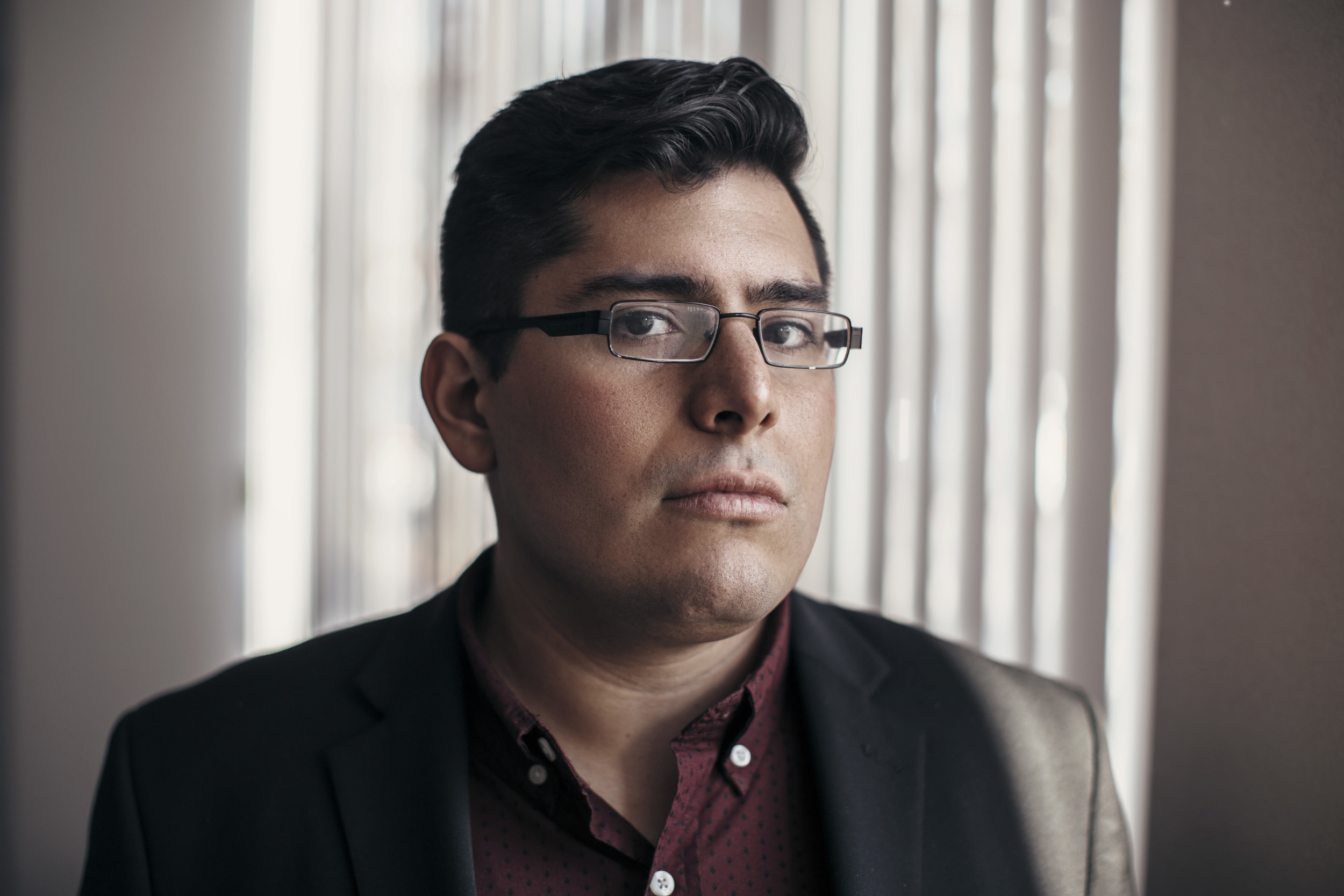
That bill scared me. My family isn’t undocumented, but a lot of the reasoning behind that bill was anti-Latino, anti-immigrant.
I asked my high school counselor: at the next assembly, can I make an announcement? ’Cause there’s going to be this big rally. It turned out that some of my classmates felt very strongly that the bill was the right thing to do—that people should serve prison time for being in the U.S. without papers. But enough of us felt that it was wrong that 500 of my classmates marched in the rally. That was a watershed moment for me—the moment when I said politics is my passion.
Then I decided to run for junior class president.
I knew I was gay from a very young age. But I also noticed the kid who was openly gay was also the subject of bullying. I didn’t want to be that kid. I remember being paranoid: Do I have a swish in my walk? Am I putting my wrists down? In junior high I stopped talking for a couple years because I didn’t want to say something and have someone say, “You’re a faggot because of the way you talk.” I became very withdrawn.
So I went to my older sister Jackie—who’s the coolest person I know—and told her that I wanted to run for class president. And she was like, “We need to buy you a whole new outfit. You need to talk more. And we have to think of a witty slogan.”
The slogan became “Lindsay Lohan loves Latin men—vote Carlos Rosa.” We put up posters of Lindsay Lohan with Herbie the Love Bug everywhere. And we went to American Eagle Outfitters and bought me all new clothes.
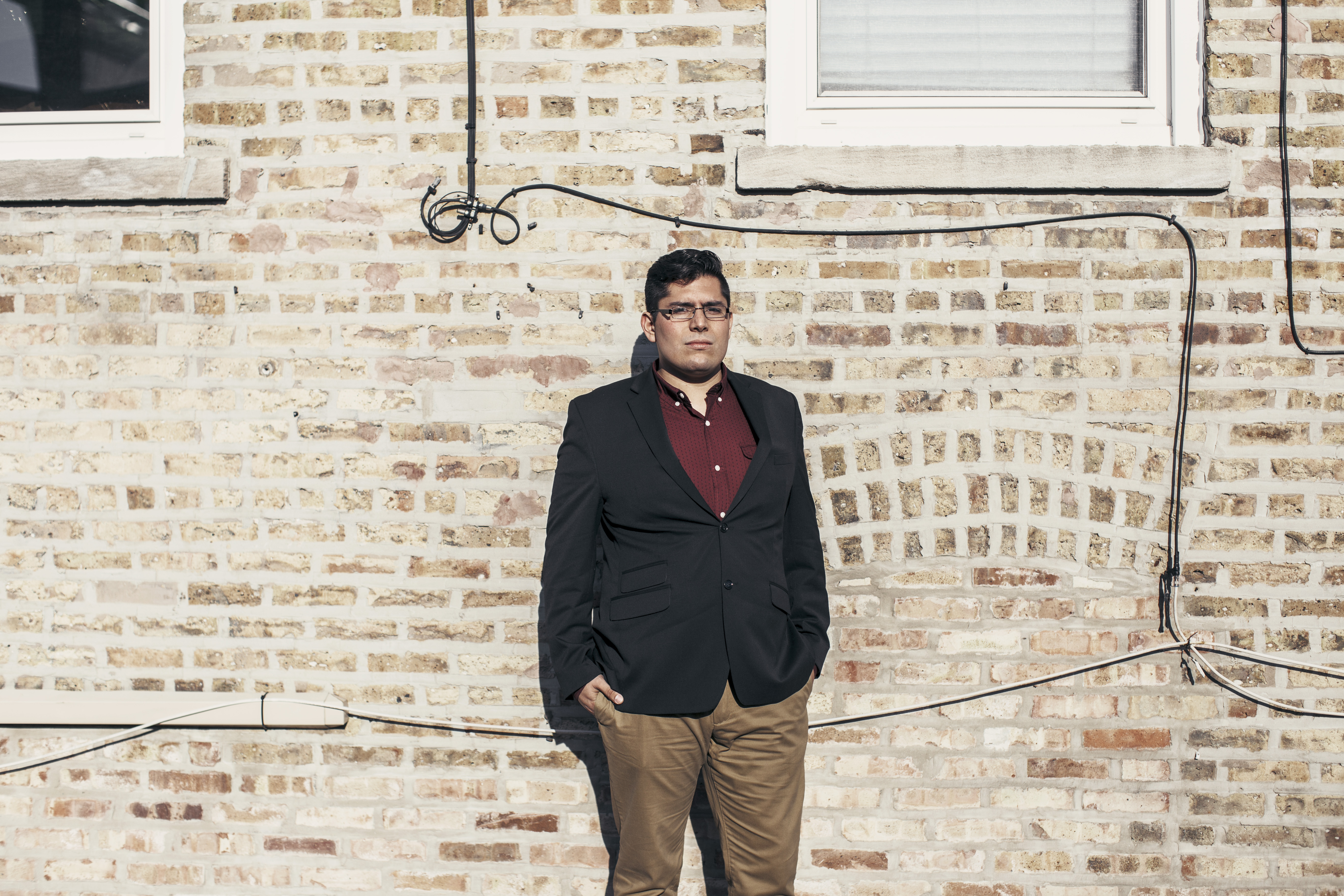
I won the election. Then my close friend and I realized we wanted to be more than just friends. We started dating secretly. We were 16 and holding hands underneath the table at McDonald’s.
People started talking—“Carlos is openly gay.” And I was like, Clearly I’ve been outed. So I started telling people and eventually I was just out. But I couldn’t bring myself to tell my parents. They’re politically progressive, but we were also Catholic. And I remember my father, may he rest in peace, saying a lot of homophobic stuff when we were little. So the rest of my family didn’t find out until I was going to run [for alderman].
I knew my alderman had become a loyalist—one of those people who perpetuates the status quo. And I was like, “Who’s going to run against Rey Colon?”
We heard that state senator William Delgado was going to do it. So I met with Delgado, and he was like, “I’m not going to run. But you should think about running.” And I was like, “Oh, crap—a state senator is telling me I should consider running?”
“I think I have a mandate that Logan Square remains diverse.”
So I called my family and they were like, “You’re nuts. You’re going to run against the Chicago machine? You’re 25 years old! Who are you? Go to law school. Maybe 20 years down the line you can run for office.”
I thought they were probably right. I should focus on my work, the deportation defense I was doing. Then my job sent me to an organizing training. And a lot of the focus of the training was if you want to be an effective organizer, you need to focus on the power you have as an individual. You can’t say it’s going to be [another] person who’s going to create change, somebody smarter or better.
I decided I was going to lay out this plan, tell [my family] how much money I needed to raise, and ask them to support me. And my family was like, “Wow, he’s serious about this. OK, we’re going to support you.”
But my sister Jackie said, “Um, you’re going to run for office? You’re a gay man, you have a partner. Everyone knows you’re gay except the family. You have to tell the family.”
Now even my grandma knows. She met my partner—she loves him. Actually, she likes him more than some of the guys my sister has brought home!
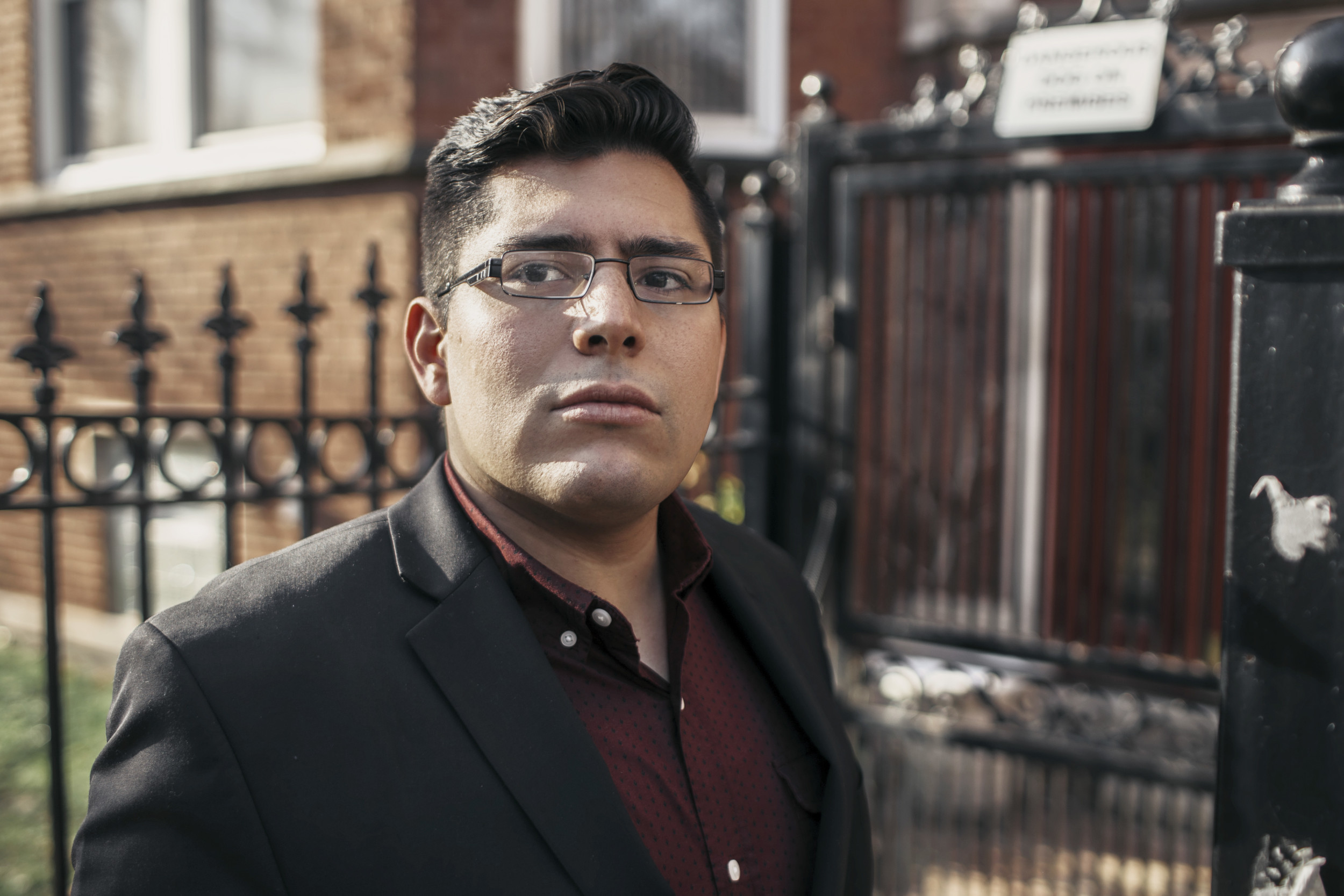
A lot of people did not believe [I would win]. Two or three days before election day people were like, “Oh, that’s nice that you ran, better luck next time.” And I was like, “No, guys, everything says we’re going to win! I’ve knocked on doors, and 60 percent of the people I’ve talked to tell me they’re going to vote for me. The data the volunteers are bringing back show we’re on a path to victory.”
What really amazed me was whether it was up in Albany Park or right around the Blue Line, people consistently told me, “I love my neighborhood the way it is.” People want to see a community that is affordable for working people, that is diverse, that draws from cultures across the globe. So I think I have a mandate that Logan Square remains diverse. Sometimes I think about it through [the lens of] Keep Austin Weird: Keep Logan Square weird, keep Logan Square unique.
The same way I empowered people as a community organizer, I now work as an alderman to create those spaces through which people can create the change they want to see. If I’m doing my job right, we’re going to be using the tools at my disposal to create change in a way that’s authentic to what the community wants. v

